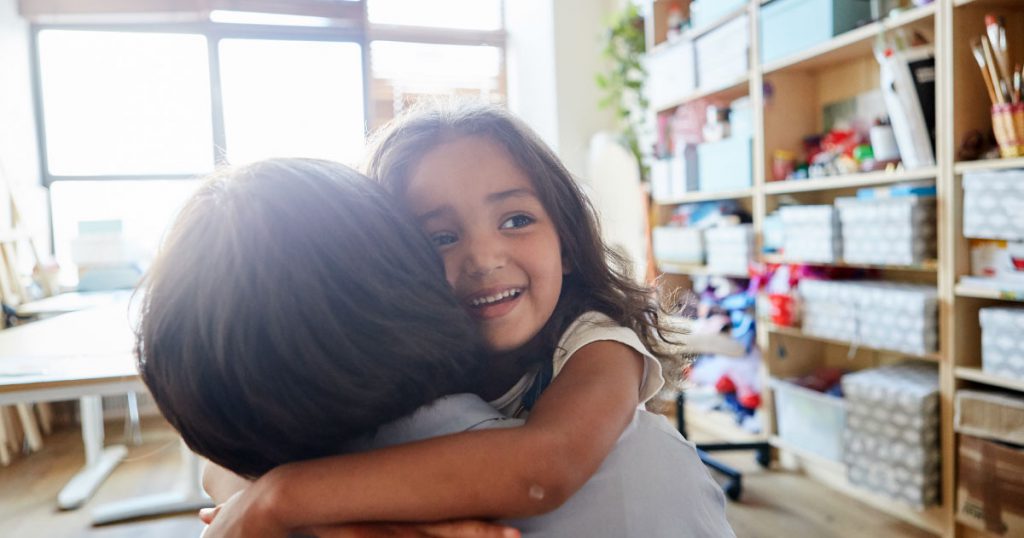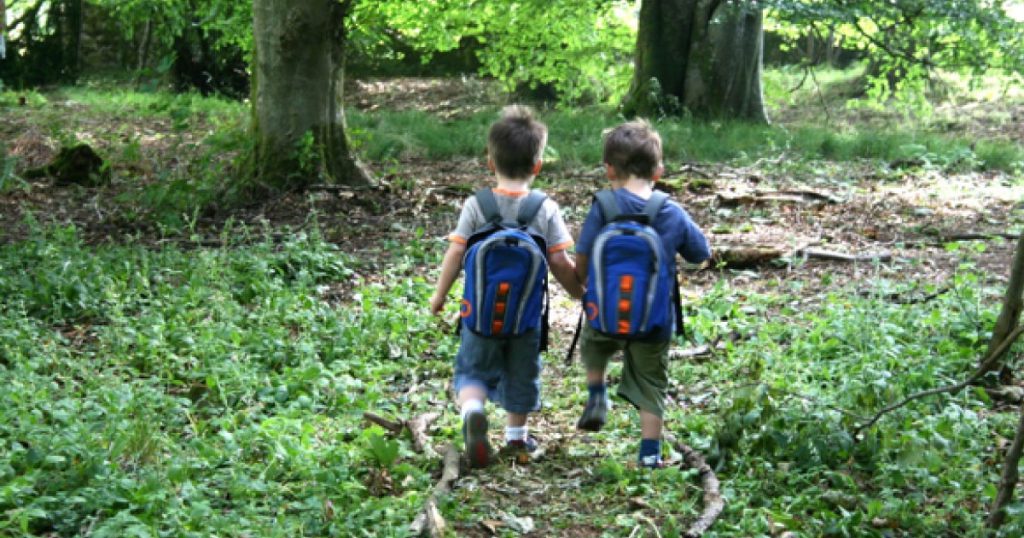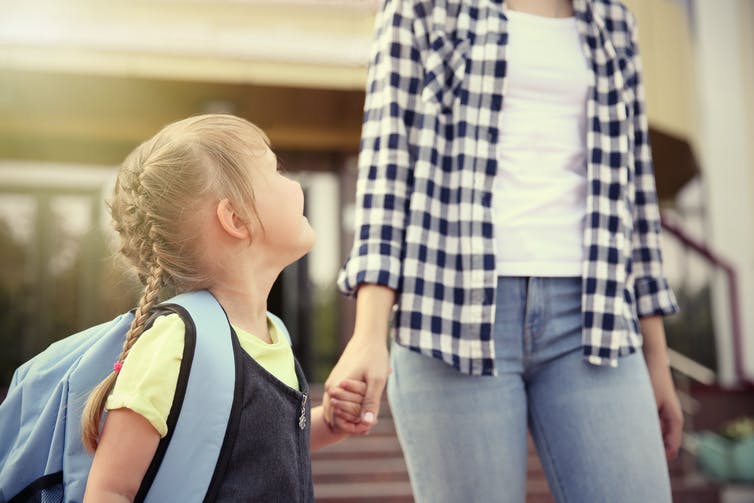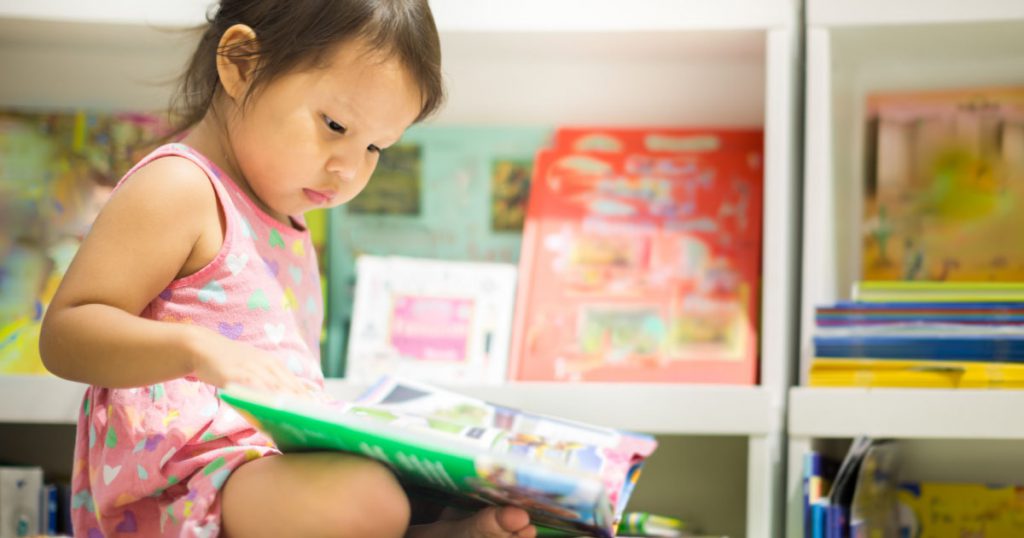‘Being safe is a foundation to wellbeing. When children feel safe, their brains relax, cortisol decreases and they are calmer.’—(Always Be You, 2020). This piece, by SHONA DOYLE from Be You explores children’s wellbeing, providing safe environments and linking researcher, Mihaly Csikszentmihalyi’s flow theory back to early childhood education.

When we set high but achievable expectations, which are tailored to a child’s individual abilities and strengths, we are providing a safe and supportive environment which fosters a sense of wellbeing and belonging.
This creates a safe environment where a child can explore and challenge themselves appropriately, and immerse themselves in play. Being safe is a foundation to wellbeing. When children feel safe, their brains relax, cortisol decreases and they are calmer. They are also free from the flight or fight mode, which drains energy and concentration. Feeling safe is good for bodies and minds, allowing space to think, plan and create (Always Be You 2020).
The leading researcher on flow is Hungarian-American psychologist Mihaly Csikszentmihalyi. In his 1990 Flow: The Psychology of Optimal Experience, Csikszentmihalyi explains how happiness and levels of engagement in tasks can shift by introducing flow.
Csikszentmihalyi describes flow as the state of concentration and engagement that can be achieved when completing a task that challenges a person’s skills but does not exceed them. It’s also sometimes known as ‘being in the zone’. It is a mental state in which a person performing an activity is fully immersed in a feeling of invigorated focus, involvement and enjoyment in the process of the activity.
In early years education and care, we have observed children for whom the task is all-enveloping and consuming to the point where they are oblivious to all that is going on around them. They are in charge, they are challenged and fulfilled at the same time and self-motivated to continue until the task comes to an end. This can result in deep learning and high levels of personal satisfaction as individuals who exhibit this sense of purpose and curiosity are autotelic. People with an autotelic personality are usually internally motivated and need no external reward for completing the task, for example, praise or reward from others.
Csikszentmihalyi relates that flow can occur when the following are present:
- The feeling of control where the child is the author of the ending coupled with clarity of the end goal, giving immediate feedback to the feeling of reward.
- Effortlessness and a notable high level of concentration within. When observing the child’s intent on the task, there is a balance of challenge and skill level required to complete the task.
- An altered perception of time as action and consciousness meld together.
By being authentic in programming and planning for the strengths and interests of individuals, educators can create emotionally safe environments where children are not only engaged but immersed in play, growing strong and confident in their abilities and developing further curiosity in their world. This assists children to grow up strong with good mental health and resilience by providing the correct activity at the right time.
References
- Nakamura, J., & Csikszentmihalyi, M. (2014). The concept of flow. In Flow and the foundations of positive psychology (pp. 239-263). Springer, Dordrecht.
- Be You (2020). Always be You. https://beyou.edu.au/resources/always-be-you
Author
Shona Doyle is an Early Childhood Professional currently working as a Be You Consultant, supporting early learning services and schools to support children’s social and emotional wellbeing and ultimately grow strong mentally healthy communities.
Her past experience includes Long Day Care, Family Day Care, Training and Assessment and School Aged Care within Australia and had the pleasure of travelling on a double-decker bus in Scotland which was a mobile playgroup around Tayside. Shona has recently finished her Masters in Human Services with Griffith University which provides community knowledge and strength to Early Years Education practice.
Health and wellbeing
By Anne O’Connor, Nicole Halton and Natashja Treveton
Given that every child is both unique and a competent learner from birth, it is crucial that educators encourage and support each child to thrive in every area of development at their own pace and in their own individual ways.
Children’s health is an integral part of their emotional, mental and social wellbeing. This book provides a purposeful guide to best practice, inviting educators to reflect on the three main strands of, growing and developing, physical wellbeing and emotional wellbeing. You can purchase a copy on the ECA Shop.




